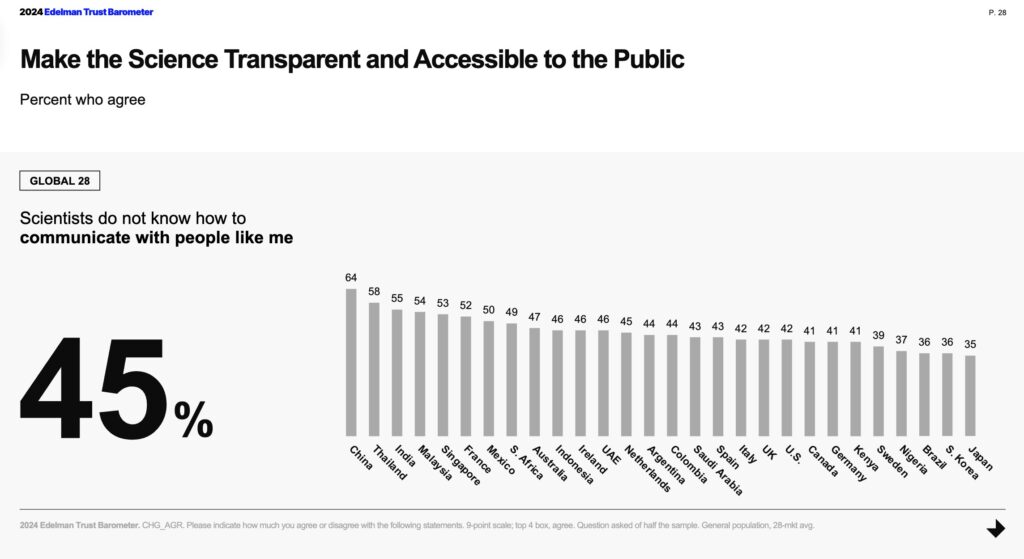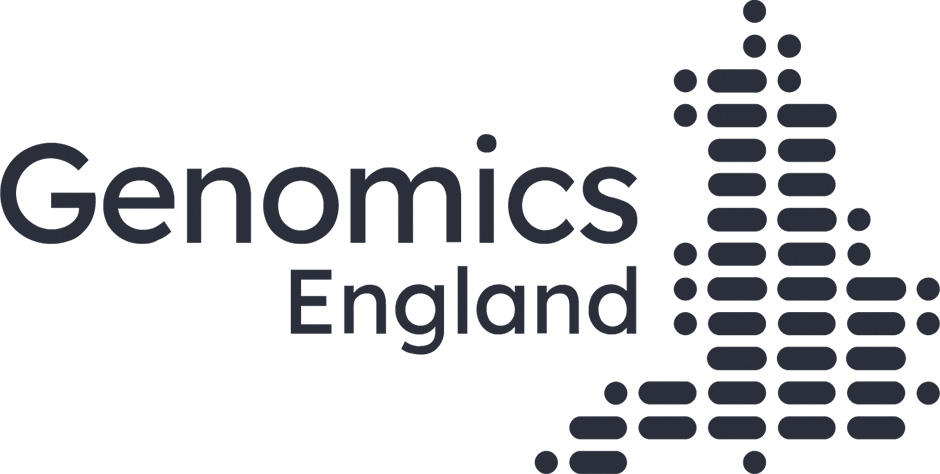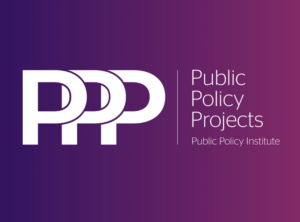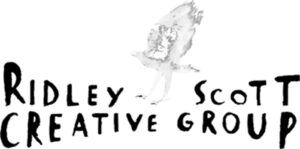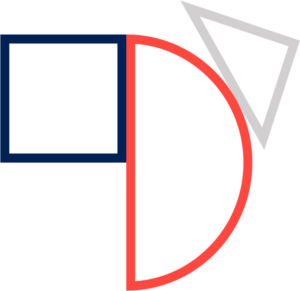Through our previous work, we have demonstrated that whilst innovative engagement approaches have been trialled (e.g. arts-based methods, participatory films and deliberative methods) a universally accepted best practice for broad public audiences remains elusive. Likewise, a consistent, evidence-based strategy for reaching and radiating across diverse populations is lacking. Furthermore, engagement practices that are specifically designed for historically marginalised groups, addressing both perception and actual exclusion, are still only in their infancy.
The following research guides our Insights Framework for the Only Human project; it is based on an academic narrative review which has explored attitudes towards genomics from broad public audiences and novel public engagement methods. It is also based on our collective experience as well as research insights into the difference between ‘what we say and what people hear’ when we talk about genomics.
There is no existing, universally accepted strategy for engagement about genomics
“As detailed in its flagship report, Genome UK, the UK government recognises the vital role that broad public engagement across whole populations plays in the field of genomics. However, there is limited evidence about how to do this at scale, particularly for public audiences who are not especially interested in the science, are unsure of the relevance to their lives or who feel disengaged from it. We use a narrative review to explore: (i) UK attitudes towards genetics and genomics and what may influence reluctance to engage with these topics; (ii) innovative public engagement approaches that have been used to bring diverse public audiences into conversations about the technology. Whilst we have found some novel engagement methods that have used participatory arts, film, social media and deliberative methods, there is no clear agreement on best practice. We did not find a consistently used, evidence-based strategy for delivering public engagement about genomics across diverse and broad populations, nor a specific method that is known to encourage engagement from groups that have historically felt (in terms of perception) and been (in reality) excluded from genomic research. We argue there is a need for well-defined, tailor-made engagement strategies that clearly articulate the audience, the purpose and the proposed impact of the engagement intervention. This needs to be coupled with robust evaluation frameworks to build the evidence-base for population-level engagement strategies.”
Middleton et al (2023) “Public engagement with genomics” Wellcome Open Res 2023, 8:310 (https://doi.org/10.12688/wellcomeopenres.19473.2)
Leading with the benefits of genomics falls flat for some
“The way we ‘talk’ about genetics plays a vital role in whether public audiences feel at ease in having conversations about it. Our research explored whether there was any difference between ‘what we say’ and ‘what people hear’ when providing information about genetics with community groups who are known to be missing from genomics datasets. We conducted 16 focus groups with 100 members of the British public who had limited familiarity with genomics and self-reported as Black African, Black Caribbean, Pakistani as well as people of various ancestral heritage who came from a disadvantaged socio-economic background. Participants were presented with spoken messages that explained what genomics was and their responses to these were analysed. Results indicated that starting conversations which framed genomics through its potential benefits were met with cynicism and scepticism. Participants cited historical and present injustices as reasons for this as well as mistrust of private companies and the government. Instead, more productive conversations led with an acknowledgement that some people have questions –and even concerns –about genomics, before introducing any of the details about genomics. In order to diversify genomic datasets, we need to linguistically meet public audiences where they are at. Our research has demonstrated that everyday talk about genomics, used by researchers and clinicians alike, is received in different ways than how it is likely intended and we may inadvertently be further disengaging the very audiences that diversity programmes aim to reach.”
Middleton et al (2023) “The Legacy of Language: What we say, and what people hear, when we talk about genomics” Human Genetics and Genomics Advances VOLUME 4, ISSUE 4, 100231
A public backlash towards genomics is a risk all of us working in genomics must share
“Public audiences do not distinguish between organisations working in genomics. This means a public backlash in one area of genomics impacts all – whether we are in healthcare, in non-profit academic research or for-profit industry developing life-saving gene therapies. Taking proactive steps to understand, explore and address public concerns is something we should be doing collectively because no one organisation can mitigate risk in this arena alone.”
Middleton A, Parry V, Borra J, Oriviss K (2022) A public backlash towards genomics is a risk all of us working in genomics must share. The Lancet regional health. Vol 15, April 2022
We could do better about communicating science
“A third of people (32%) said that they rarely or never talked about science with family, friends or colleagues.”
“[Only] 22% people described themselves as feeling connected to science”
“38% saw scientists as being poor communicators.”
Government Department for Business, Energy and Industrial Strategy, Public attitudes to science 2019: Main report. 2019. Research Paper Number 2020/012. Accessed from:https://www.gov.uk/government/publications/public-attitudes-to-science-2019
We could do better about making science transparent and accessible to the public
